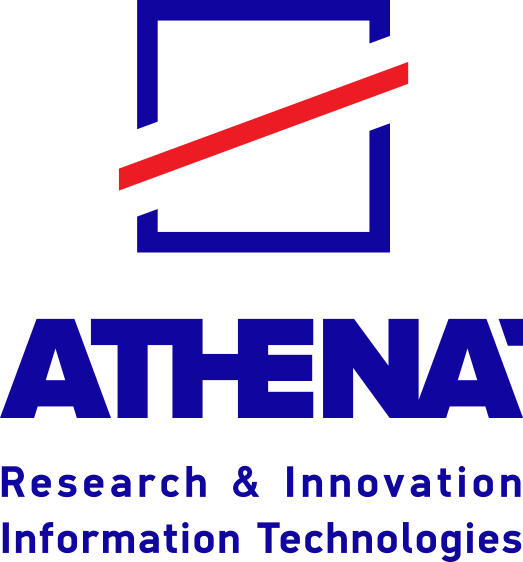Title: Data driven physics and machine learning based approaches for determining
atomistic protein dynamics and potent inhibitors of pathological targets involved in disease.
Speaker: Dr. Zacharias Faidon Brotzakis(Institute for Bioinnovation, BSRC Fleming, Centre for Misfolding Diseases, Department of Chemistry, University of Cambridge)
Abstract:
The interplay between computational chemistry and machine learning is transforming our understanding of protein dynamics and drug discovery. This presentation highlights three innovative approaches for studying molecular targets and designing therapeutic
inhibitors.
Target Identification and Structural Ensembles of Disordered Proteins. We utilize the Metadynamics
Electron Microscopy MetaInference method to integrate cryo-EM data with physics-based molecular dynamics (MD) in a Bayesian manner to obtain atomistic insights into protein conformational dynamics of brain-derived amyloid fibrils involved in Alzheimer’s disease
(AD), revealing the different solubility of AD polymorphs. To address the conformational dynamics of intrinsically disordered proteins where no experimental data are available, we combine molecular dynamics with AlphaFold predictions thereby generating structural
ensembles that outperform AlphaFold in their agreement with SAXS data.
Machine Learning-Guided Screening. Machine learning tools combined with experimental data have facilitated the discovery of inhibitors for pathological protein targets involved in Parkinson’s, Alzheimer’s disease and prostate cancer. Notable examples include
the discovery of α-synuclein aggregation inhibitors optimization through structure-based molecular docking calculations and in-vitro aggregation assay in an iterative shallow learning fashion, the discovery of Aβ42 aggregation inhibitors through deep molecular
docking enabling small molecule screening of 500 million compounds, and the identification of AR-V7-targetinging compounds at multiple AR-V7 conformations along its dynamics using deep ensemble molecular docking able to screen a 2 million compounds chemical
space.
Protein Dynamics, Energy Landscapes, and Large Language Models (LLMs). MDLMs (Molecular Dynamics Language Models) bridge language model capabilities with the physical accuracy of molecular dynamics, enabling efficient generation of MD trajectories. MDLMs predict
protein dynamics using just 5% of a reference MD trajectory while maintaining structural accuracy via kernel density estimations from extensive MD datasets. By tokenizing backbone angle pairs into “words,” MDLMs encode protein conformations into sequences,
achieving balance between efficiency and accuracy. MDLMs uncover rare conformational states along the folding mechanism of chignolin mini protein, expanding the coverage of the conformational space. Free energy landscapes reconstructed by MDLMs align with
ground-truth trajectories, capturing both thermodynamic and kinetic features critical for protein dynamics. MDLMs achieve these results using modest computational resources, reducing time and cost compared to traditional MD simulations.
Short Bio:
Faidon Brotzakis (website) is a senior postdoc in computational chemistry and biology at the Skretas lab in the Institute for Bioinnovation at BSRC Fleming and visiting researcher at the Department of Chemistry of the University of Cambridge, in the Vendruscolo
lab. His work involves developing and using statistical physics and machine learning based computational methods in tandem with experimental data a) to determine biomolecular dynamics at the nanoscale as well as b) to predict novel agents such as optimized
small molecules or proteins targeting various biomolecular targets involved in disease. He holds a Chemical Engineering degree and has studied in NTUA (Diploma thesis PI: Theodorou), performed PhD in UvA(PI: P. Bolhuis), PostDoc in. ETHz/USI (PI: M. Parrinello),
FEBS PostDoc fellow in U. Cambridge (PI: M. Vendruscolo), Bodossakis PostDoc fellow in U. Cambridge/BSRC Fleming (PI: M. Vendruscolo, G. Skretas).
________________________________________________________________________________













